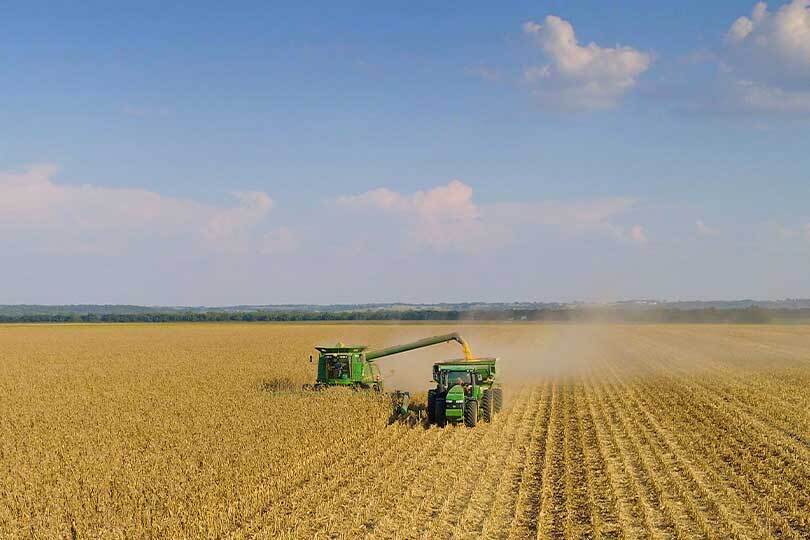Farmers, particularly those growing grain crops, are struggling economically due to a number of key challenges. Sam Kieffer, vice president of Public Policy for the American Farm Bureau Federation (AFBF), said this is a rare intersection of high expenses and low income.
“It’s a combination of nearly record-low crop prices and ever-increasing input costs, or production expenses,” he said. “We’ve lost more than 160,000 farms since the 2017 Census of Agriculture. There’s a lot of difficult conversations happening around those farm tables.”
Kieffer said farmers also have to deal with uncertainty in areas like trade, labor and the farm safety net. But the difference between input costs and crop prices, Kieffer said, is causing the biggest challenge.
“Farm production expenses have increased steadily every year since 2018, the last time a full farm bill was passed, and farm expense estimates, right now, are far surpassing the income for the farmers who raise major crops,” he said.
Kieffer cautions that looking at USDA’s farm income forecast, which predicted farm income to increase, doesn’t paint an accurate picture of the farm economy.
“That number does not tell the whole story. Almost one-quarter of all the farm income projected in that report is coming from disaster assistance, whether it be natural disaster assistance or economic assistance that Congress approved, and they’re not dealing with the current economic calamity that’s happening out there.”
The current one-year extension on the 2018 Farm Bill expires Sept. 30.
Although funding for many farm bill programs was included in the One Big Beautiful Bill Act that was signed into law July 4, there are other issues that need to be addressed in a “skinny” farm bill.
“The House and Senate Agriculture Committees continue working on a ‘skinny’ farm bill but have not been able to get that across the finish line just yet due to a number of factors,” said Laramie Adams, Texas Farm Bureau associate director of Government Affairs. “The lawmakers we’ve been working with understand the importance of the food and farm legislation, and we’re confident they will do everything they can to pass a bill to support America’s farmers, ranchers and rural communities. Passage of a farm bill remains a priority for Texas Farm Bureau.”


Leave A Comment